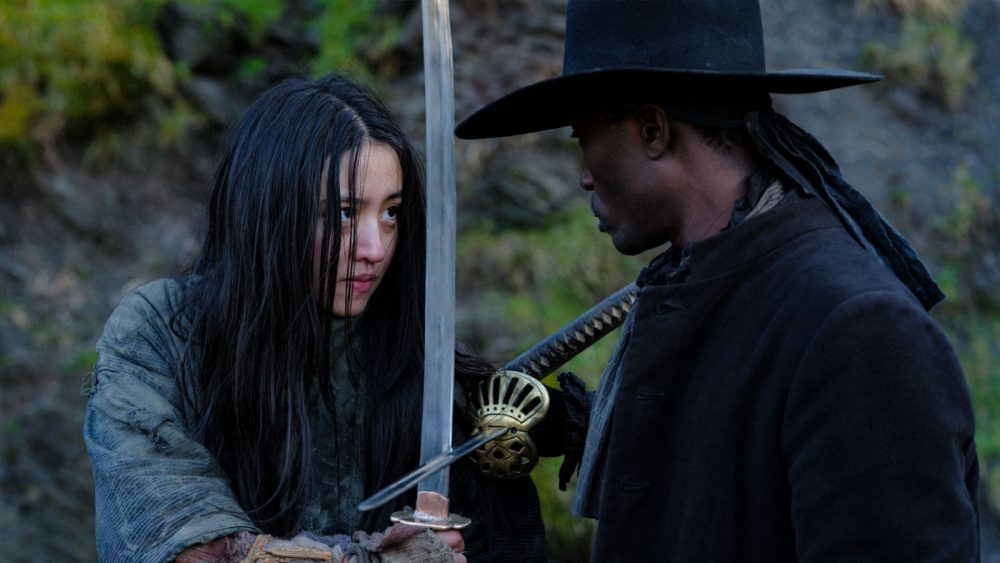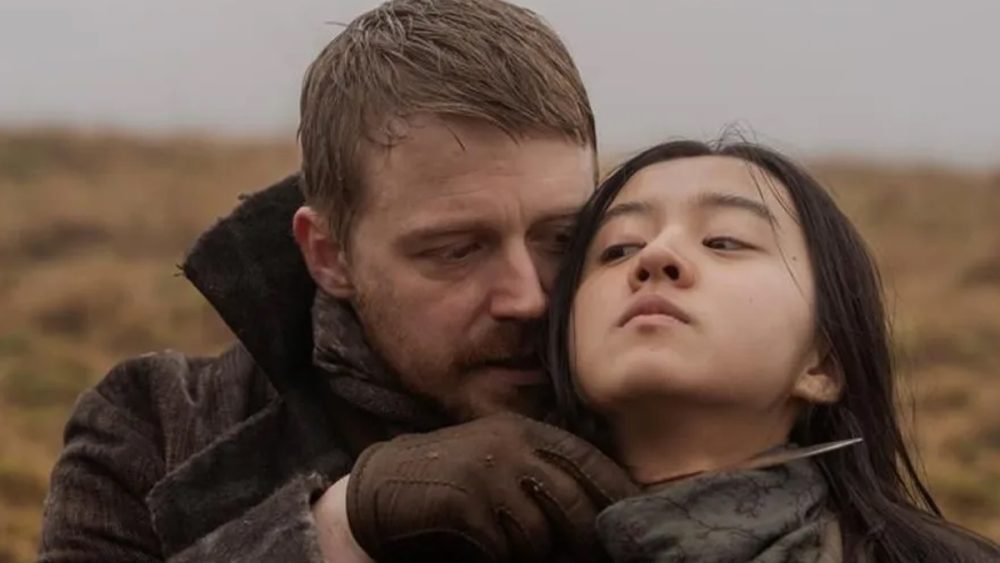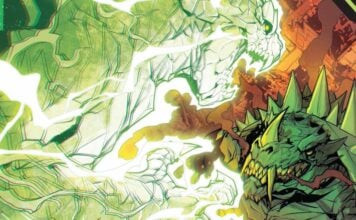The saying goes that revenge is a dish best served cold. And while that is true for the characters on the receiving end of death by lawless means, for the audience it can be quite a warm and satisfying meal. There have been films that further complicate acts of vengeance and linger on the nasty side effects of searching for justice by your own untrained hands. Films like Jennifer Kent’s The Nightingale (2018) and Jeremy Saulnier’s Blue Ruin (2013) are harrowing experiences from beginning to end, the bloodletting offering no sort of respite for characters or viewer.
John Maclean’s new film Tornado sits at the intersection of tragedy and catharsis. A film whose journey towards vengeance both shocks and disturbs but also offers moments of righteous violence that feel earned. Having upended the Western film with 2015’s Slow West, Maclean doesn’t reinvent the wheel when it comes to Tornado’s themes addressing the inevitability of violence in a forsaken land. However, the melding of Western and Samurai tropes along with a tragic coming-of-age tale makes for an idiosyncratic and detailed experience despite the familiar beats.
The film takes a big risk by opening the story in media res, the titular Tornado (Kōki), a young Japanese girl, running from a band of British thieves and cutthroats led by Sugarman (Tim Roth). Through nuanced interactions, sparse dialogue, and a neatly placed flashback sequence we learn the details of the events that led to this moment: Tornado’s contentious relationship with her father (Takehiro Hira) and disdain for their life as travelling puppet performers, gold stolen by Sugarman’s crew is stolen from them while tensions arise amongst the thieves, especially between Sugarman and his son Little Sugar (Jack Lowden), and Tornado makes a decision that will lead her to contend with loss, guilt, and rage.
The back and forth of the narrative helps writer/director Maclean establish all the threads and give ample room so each main player’s conflicts are clearly laid out. On top of that, as shown in Slow West, Maclean is quite masterful at conveying significant emotion and information through stark, minimalist frames, like paintings filled with meaning. The opening itself is an impressively mounted sequence where but a few lines of dialogue and calculated editing fill the film with a thick atmosphere of dread and tension.
Reunited with cinematographer Robbie Ryan (fresh off his work with Yorgos Lanthimos in Poor Things and Kinds of Kindness), Maclean takes an approach to Tornado reminiscent of Jim Jarmusch’s Dead Man (1995). Like that revisionist Western, Tornado’s action unfolds mosty in wide, still frames, blocking and composition favored over dramatic cuts or close-ups. It’s a striking minimalist approach, aided by Ryan’s gorgeous painterly frames and beautiful use of natural light. The starkness of the Scottish highlands and dense woods serve as elegant, natural backdrops for brutal violence.
And how brutal that violence indeed is once swords are fully unsheathed. Kōki (a singer and model as well) delivers a stunningly introspective performance, her facial expressions and physicality exteriorizing that which need not be said. Once the inevitable carnage is put into play, Kōki expertly assumes the role of killer like a Western outlaw, putting her father’s samurai sword techniques and philosophy to good use in an awesome display of death. It never reaches the stylized extremes of other violent revenge movies, but Maclean clearly has fun with it, Tornado’s sword cutting effortlessly through horrible men with cathartic bliss.
Tornado is a film about conflict, within and without. Tim Roth, a boon in any film, broodily and menacingly embodies Sugarman, his presence in perfect contention with Kōki’s Tornado. Roth and Lowden brilliantly play off each other as if a deep, resentful history exists between them, and this interpersonal conflict leads to its own destructive path. Like in the puppet show Tornado and her father perform, good and evil both come with a price to pay, and these characters will go through hell to realize this. Even though we know where the story is going by the end, this thoughtful character work and attention to detail turns Tornado into a poignant and unique coming of age tale borne of blood.











